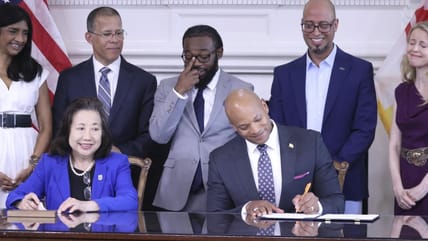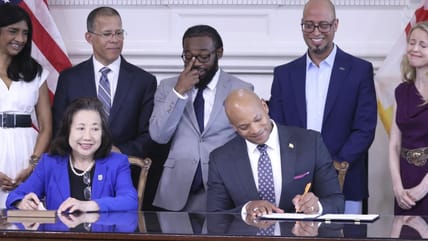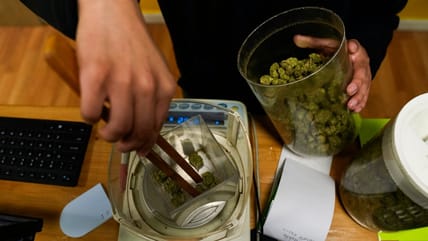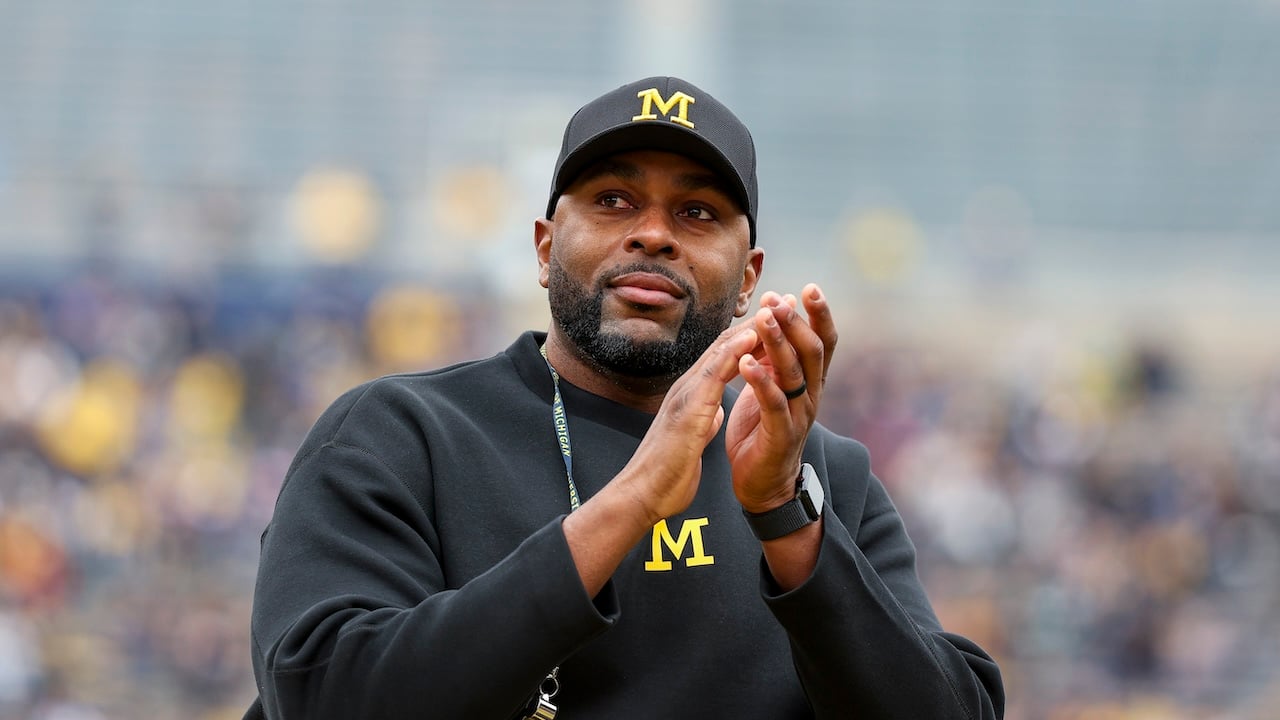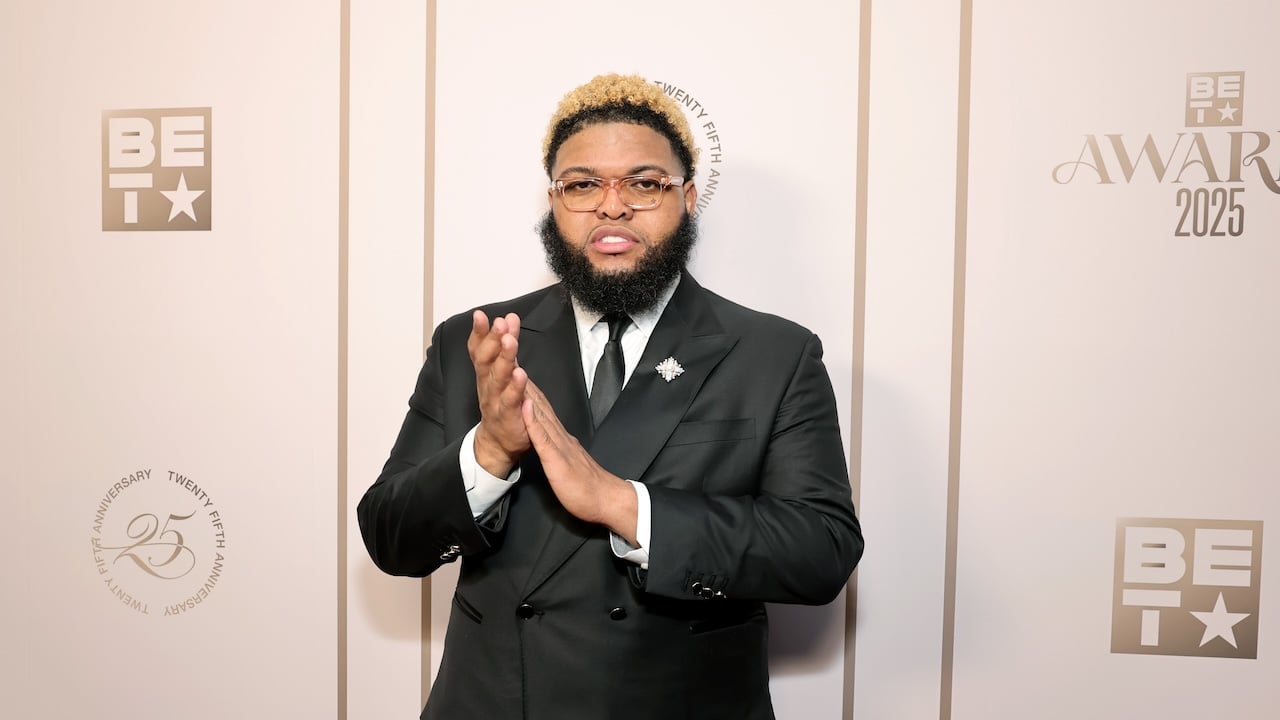President Donald Trump‘s return to power at the White House in January has left uncertainty for the criminal justice reform movement to legalize marijuana. The status of the legalization effort was already fraught during the administration of President Joe Biden, who declined to publicly support legalization but still made critical steps toward federal decriminalization.
Trump, whose tough-on-crime agenda includes calls for drug dealers to face the death penalty, has publicly given mixed signals on where he stands on marijuana. Despite indicating the issue of marijuana legalization should be left to states–a majority of which have passed laws to decriminalize or legalize the drug–Trump, during his first term, moved to rescind an Obama-era memorandum that ordered federal prosecutors not to pursue marijuana prosecutions in states where the drug is legal.
The Trump administration has now inherited the federal government’s ongoing process to reschedule marijuana from Schedule I to Schedule III under the Controlled Substances Act–a move initiated by President Joe Biden. The administrative court process has no end in sight; however, what happens in the months or maybe even years to come will be telling about where the movement for decriminalization and legalization goes from here.
“It hasn’t yet been made a priority by the Trump administration…I don’t know that it rises to the level of prioritization at this point for [them] to move anything forward,” said Cat Packer, director of Drug Markets and Legal Regulation at Drug Policy Alliance.
Doubt remains about the rescheduling of marijuana happening any time soon, as both Trump’s nominee and the acting director of the Drug Enforcement Agency (DEA) have disparaged the drug publicly. Acting Director Derek Maltz accused Biden’s DOJ of “placing politics above public safety” with its decision to recommend the rescheduling of marijuana. Terry Cole, Trump’s nominee to run the DEA, has repeatedly suggested marijuana poses a health risk to communities, particularly youth, despite studies also showing some medical benefits.
“If Trump initiated or directed a process, that’s likely the only way that this process will get prioritized and get done,” said Packer.
There is at least some hope among advocates that Trump could save the day with the movement to at least decriminalize marijuana. As a 2024 presidential candidate, Trump expressed on Truth Social that he was in support of the Biden administration’s move to reschedule, as well as other reforms like decriminalizing possession of small amounts of marijuana and safe banking legislation for state-authorized companies. At the time, Trump had announced he would be voting yes on a Florida ballot measure that would’ve made the drug legal in the Sunshine State.
“We must also implement smart regulations, while providing access for adults to safe, tested products,” Trump wrote.
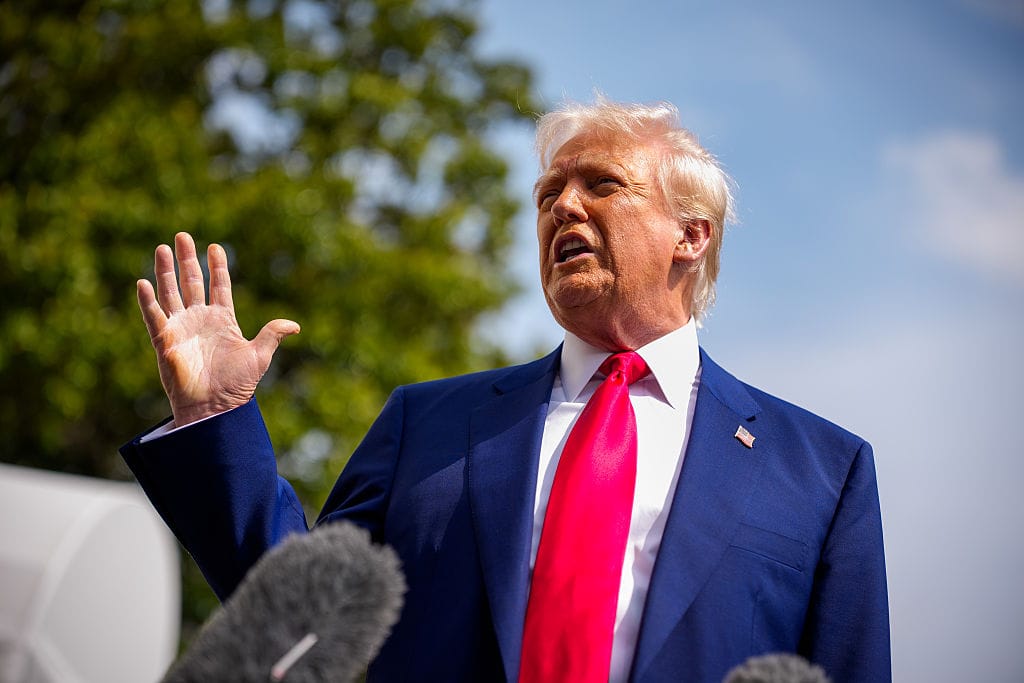
The White House declined to comment on a request by theGrio on President Trump’s current position on marijuana policy, instead referring the matter to the Department of Justice. The DOJ did not immediately respond to a request from theGrio.
Packer told theGrio that she believes there are “ways to frame” cannabis reform as a “popular” issue for the Trump administration and other elected politicians.
“This is a position that most Americans support regardless of their political affiliation. At this point, there just seems to be a disconnect between the people and leadership,” she shared.
According to a Pew Research study in 2024, an overwhelming 88% of U.S. adults say marijuana should be legal for medical or recreational use.
Even if President Trump or Republicans in Congress support some minor reforms related to banking, as they have expressed interest in doing, advocates fear that without federal decriminalization or legalization, Black and brown communities will continue to feel the brunt of criminal enforcement.
“I still don’t think it’s an ideal policy for Americans at large or the Black community, in part because it doesn’t actually end criminalization. It doesn’t deschedule cannabis,” Packer told theGrio. “If we’re still dealing with federal cannabis criminalization, I think immersive businesses can technically still be dealing with consequences due to federal illegality.”
Packer noted that the South would be particularly “left behind” in an evolving marijuana industry without federal action. If, for example, President Trump is truly in support of decriminalizing possession of marijuana, she said he should use his presidential influence to “direct Congress to pass a policy” that would do so.
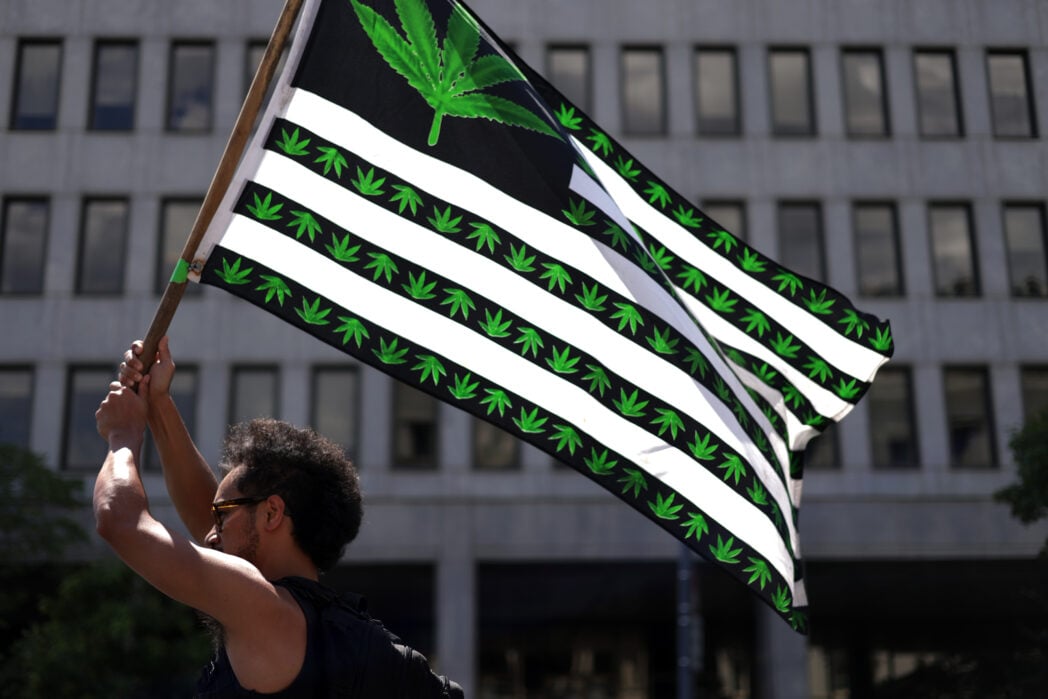
“A majority of Black Americans live in the south, like Texas and Florida and Georgia, where they’re continuing to bear the brunt of disparate harms,” she explained. “I don’t know that without federal leadership, both in Congress and from a presidential administration, those types of harms will not only not be eliminated, but potentially exacerbated when large immigrant communities are under attack.”
She added, “We might actually see reforms, but it may be those that prioritize profit, as opposed to public health, public safety, consumer rights, human rights—and that’s a concern.”
Caroline Phillips, founder and executive producer of the National Cannabis Festival, which is holding its annual policy summit on April 28 in Washington, D.C., told theGrio that cannabis advocates are “prepared and ready to educate and inform members of the Trump administration who should know about the public health and economic benefits of full federal legalization.”
“In the past, President Trump has expressed an openness to cannabis policy reform. Whether the approach under his administration would center on criminal justice reform and community reinvestment is up for debate, but certainly the economic potential may appeal to his business instincts,” said Phillips.
She added, “In the interim, I hope to see advocates working to shore up good cannabis policy at the state level, acting as the first line of defense in protecting the rights of small business (which includes social equity operators) and holding the line to ensure policy rollbacks don’t re-criminalize already impacted Black and brown communities.”


